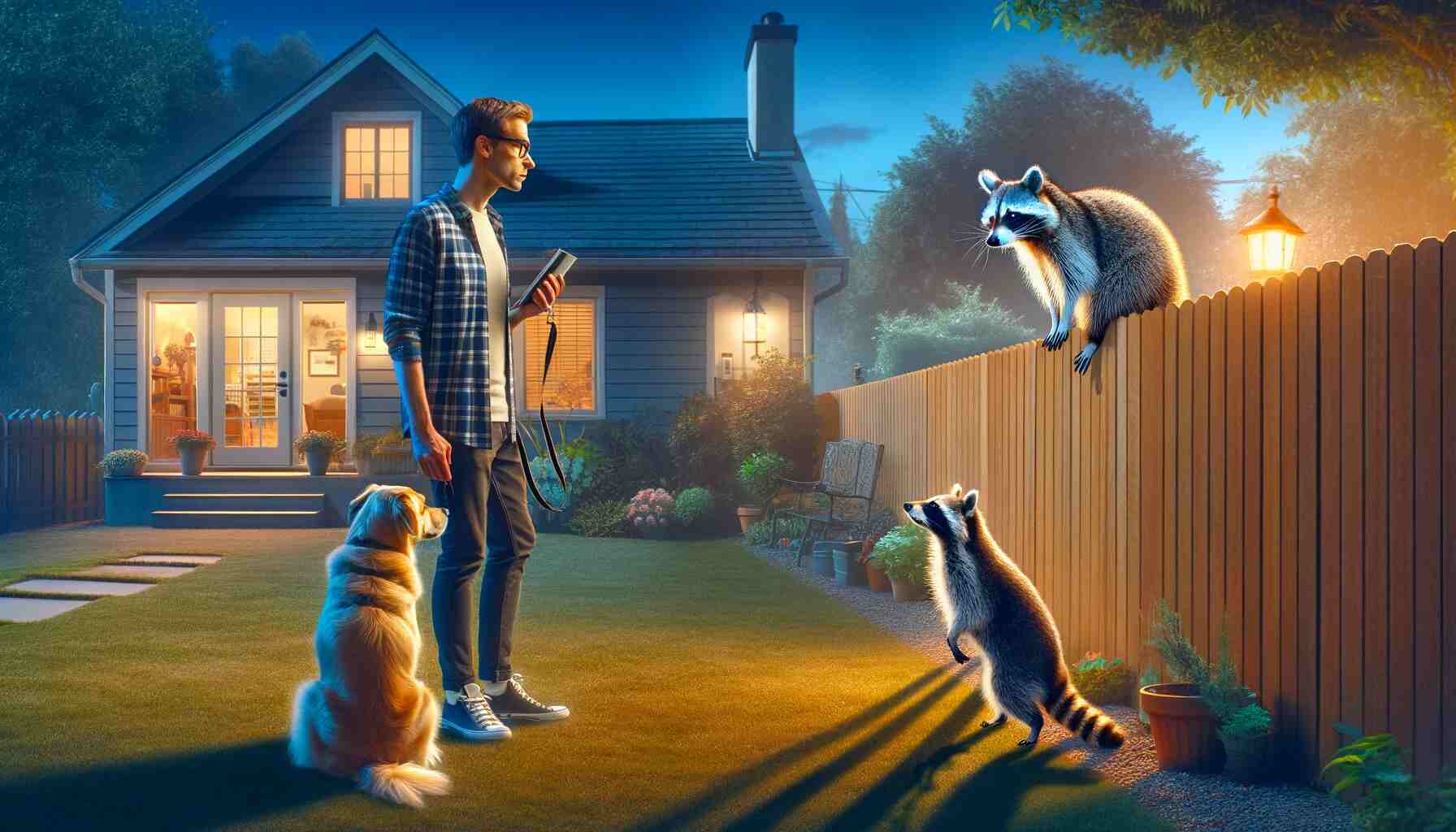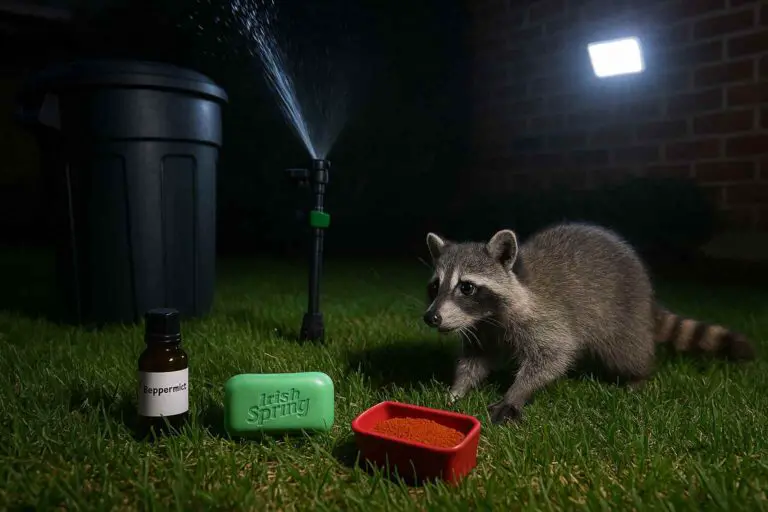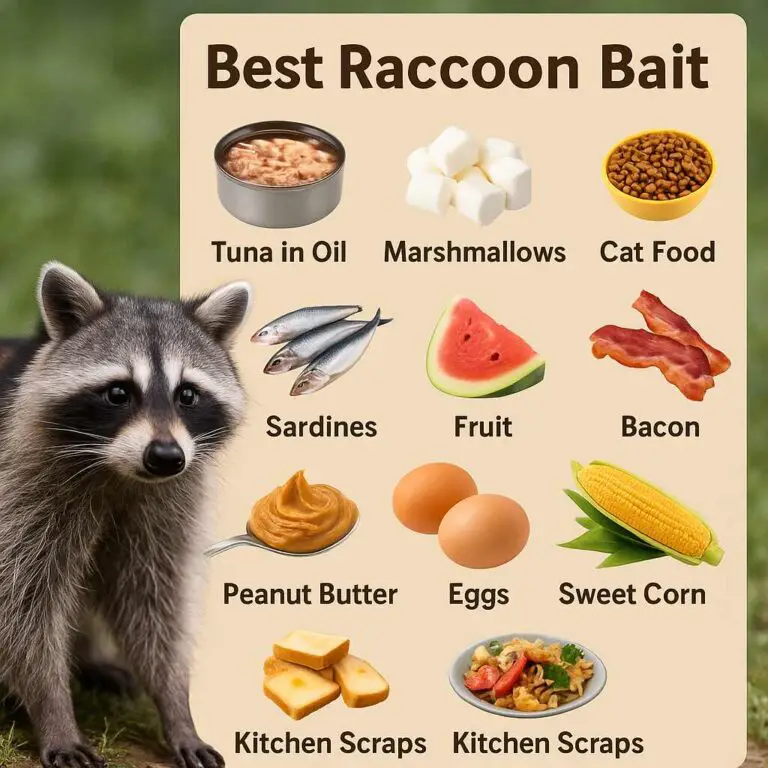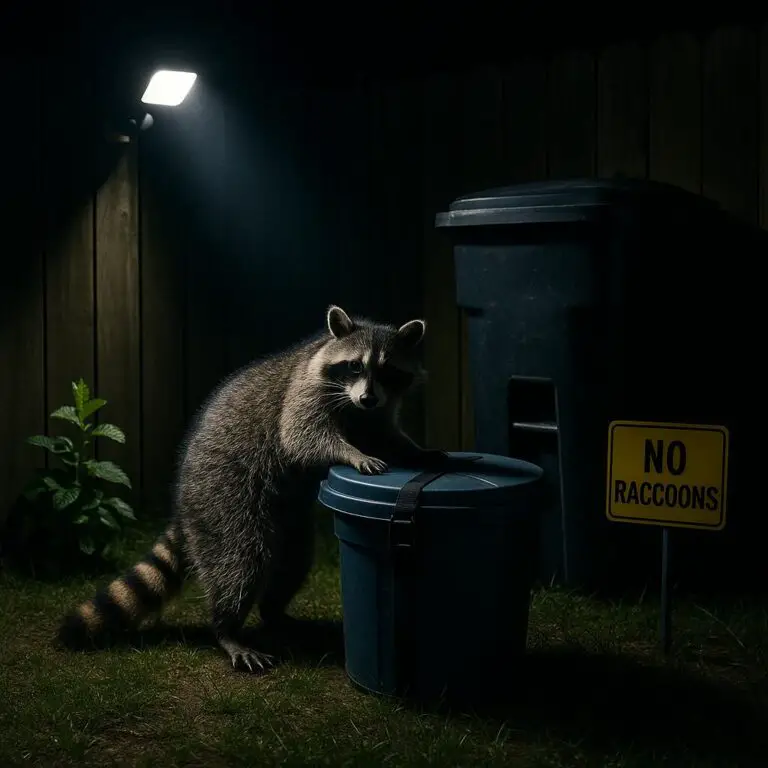Raccoons are fascinating creatures that often coexist with humans in urban and suburban areas. While they may appear cute and harmless, there is a growing concern among pet owners about whether raccoons can pose a threat to their dogs. In this comprehensive article, we will delve into the potential risks that raccoons can pose to dogs, how to protect your furry friend, and what to do if an encounter does occur.
Understanding Raccoons
Before we explore the interactions between raccoons and dogs, let’s get to know raccoons a bit better. Raccoons (Procyon lotor) are medium-sized mammals native to North America. They are known for their distinctive black mask-like markings around their eyes and their ringed tails. Raccoons are omnivores, which means they have a diverse diet that includes fruits, vegetables, insects, small animals, and even human leftovers from trash cans.
Raccoons are primarily nocturnal, which means they are most active during the night. However, it’s not uncommon to spot them during the day, especially in urban areas where they have adapted to human presence and may scavenge for food.
Can Raccoons Hurt Dogs?
The question of whether raccoons can hurt dogs is a valid concern for pet owners. Raccoons have sharp claws and teeth, and they can become aggressive when cornered or provoked. Here are some scenarios in which a raccoon might pose a threat to your dog:
- Territorial Conflicts: Raccoons are territorial animals, and if they feel that your property encroaches on their territory, they may become defensive. This can lead to confrontations with your dog.
- Protecting Their Young: During the breeding season, raccoons become protective of their young, and a mother raccoon may become aggressive if she perceives a threat to her kits.
- Disease Transmission: Raccoons can carry diseases, including rabies and distemper, which can be transmitted to dogs through bites or scratches.
- Food Competition: Raccoons are opportunistic feeders, and if they encounter your dog’s food, a dispute may arise over resources.
In most cases, raccoons will try to avoid direct confrontations with larger animals like dogs. However, it’s important to be aware of the potential risks and take precautions to prevent conflicts.
Preventive Measures
To ensure the safety of your dog and avoid potential conflicts with raccoons, here are some preventive measures you can take:
- Secure Trash Bins: Raccoons are notorious for rummaging through trash cans in search of food. Use raccoon-resistant trash cans or secure your bins with bungee cords to prevent access.
- Keep Pets Indoors at Night: Since raccoons are primarily nocturnal, it’s a good practice to keep your dog indoors during the nighttime hours to reduce the chance of encounters.
- Supervise Outdoor Time: When letting your dog out in the yard, especially at night, accompany them and keep an eye out for raccoons. Having your presence nearby can deter raccoons from approaching.
- Avoid Leaving Food Out: Raccoons are attracted to food sources, so avoid leaving pet food or leftovers outside. If you have an outdoor pet, feed them during specific times and promptly remove any uneaten food.
- Maintain a Fenced Yard: If you live in an area with a high raccoon population, consider installing a secure fence around your yard to keep both raccoons and your dog separate.
- Vaccinate Your Dog: Ensure that your dog is up-to-date on vaccinations, including rabies and distemper, to reduce the risk of disease transmission.
What to Do If an Encounter Occurs
Despite taking preventive measures, it’s still possible for your dog to encounter a raccoon. If this happens, here’s what you should do:
- Stay Calm: If you witness a confrontation between your dog and a raccoon, it’s essential to stay calm. Panicking can escalate the situation.
- Do Not Approach: Do not attempt to intervene physically, as raccoons can be carriers of diseases. Maintain a safe distance.
- Call Animal Control: Contact your local animal control or wildlife rehabilitation center for assistance. They have the expertise and equipment to handle such situations safely.
- Check Your Dog for Injuries: After the encounter, carefully examine your dog for any injuries, scratches, or bites. If you suspect your dog has been bitten, seek immediate veterinary attention.
- Rabies Vaccination: Even if your dog is up-to-date on vaccinations, consult your vet about the need for a rabies booster shot, as rabies transmission is a significant concern.
FAQ: Raccoons and Dogs
Q1: Are small breeds of dogs more at risk when encountering raccoons?
A: Yes, small breeds are more vulnerable due to their size, making it easier for raccoons to perceive them as prey or less of a threat. Always supervise smaller dogs outdoors, especially at night.
Q2: Can raccoons transmit diseases other than rabies and distemper to dogs?
A: Yes, raccoons can also carry parasites like roundworms, which can be transmitted to dogs. It’s important to keep your dog’s vaccinations and parasite prevention up to date.
Q3: How can I tell if a raccoon is rabid?
A: Rabid raccoons may exhibit unusual behavior, such as being active during the day, showing aggression, appearing disoriented, or having paralysis. However, not all rabid raccoons show obvious symptoms, so it’s best to keep a safe distance from any raccoon.
Q4: What should I do if my dog eats something left behind by a raccoon?
A: If your dog consumes anything that may have been contaminated by a raccoon, it’s advisable to consult your veterinarian. They might recommend monitoring for signs of illness or parasites.
Q5: Are raccoons likely to enter homes to confront dogs?
A: It’s rare, but raccoons can enter homes through pet doors or open windows. Ensure pet doors are secured at night and windows are closed to prevent any unwanted wildlife entry.
Q6: How do I safely remove a raccoon from my yard without harming my dog or the raccoon?
A: Avoid direct confrontation. You can try making loud noises from a safe distance to scare it away. If the raccoon doesn’t leave, contact Animal Control for assistance.
Q7: Can a dog be trained to avoid raccoons?
A: While specific training can help your dog learn to avoid wildlife, it’s not foolproof. Supervision and preventive measures are still crucial for your dog’s safety.
Q8: Should I change my dog’s outdoor routine if there are raccoons in the area?
A: Yes, adjusting your dog’s outdoor routine, especially avoiding nighttime outings, can reduce the likelihood of encounters with nocturnal raccoons.
Q9: What are the signs that a raccoon is becoming aggressive or feeling threatened?
A: Aggressive or threatened raccoons may hiss, growl, bear their teeth, or stand on their hind legs. If you notice these behaviors, retreat to a safe distance immediately.
Q10: How effective are ultrasonic repellents in keeping raccoons away from my yard?
A: The effectiveness of ultrasonic repellents varies. Some homeowners find them useful, while others do not see a significant impact. It’s best to use them in conjunction with other preventive measures.
Q11: Is it possible for a raccoon to kill a dog?
A: Yes, although it’s not common, a raccoon can kill a dog. This risk is higher for smaller or younger dogs due to their size and lesser ability to defend themselves.
Q12: Are certain dog breeds more at risk?
A: Smaller dog breeds are generally more at risk due to their size. Larger breeds might be able to defend themselves better, but they are not immune to the dangers, especially if the raccoon is diseased or particularly aggressive.
Conclusion
In conclusion, while raccoons are generally not a direct threat to dogs, it’s essential for pet owners to be aware of the potential risks and take preventive measures to ensure the safety of their furry friends.
By securing trash bins, keeping pets indoors at night, and practicing responsible pet ownership, you can minimize the chances of encounters between raccoons and dogs.
If an encounter does occur, remember to stay calm, avoid physical intervention, and seek professional assistance if needed. With the right precautions and knowledge, you can protect your dog and coexist peacefully with the wildlife in your area.








